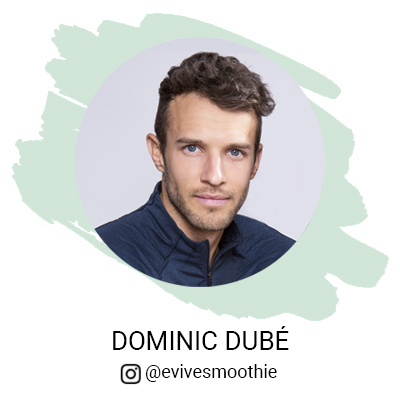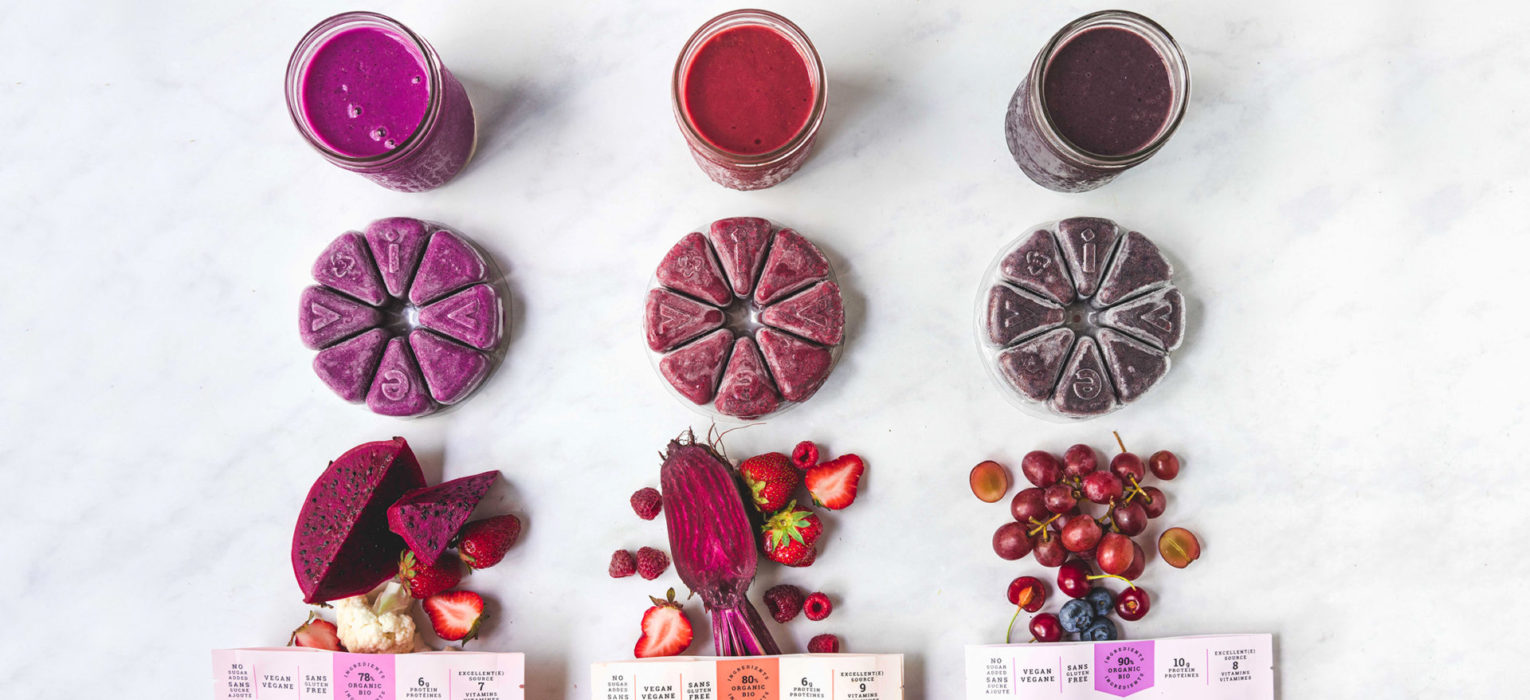This post is also available in: Français
Nowadays, one thing is certain: grocery shopping isn’t what it used to be! Between food restrictions, allergies, intolerances, additives, preservatives, organic, non-organic, non-GMO, shopping for a tasty, weekly menu can be more complicated than actually preparing it. So, let’s talk about it!
There’s more to eating healthy than what lies on the surface—it’s become more common to take a closer look at the ingredients we’re using, and most importantly if they were conventionally or organically grown. It’s all part of knowing how, and with what, to nourish your body! For example, an American survey has determined that bananas, tomatoes, grapes, and apples are amongst the most consumed produce, year after year. However, not too many people will think twice about the number of pesticides covering their fruits, and how harmful these pesticides and the chemicals sprayed on crops are to the human body and the planet. Studies have shown that some pesticides could potentially be carcinogenic. Is that a good enough reason to forgo conventionally grown produce for organically grown altogether?
To choose organic or not to, that is the question!
Firstly, understanding what “organic” means, barring the usual regarding steeper costs, is key. Picking organic produce instead of conventionally grown fruits and vegetables means choosing produce that was ethically grown, without dangerous pesticides or chemicals, thus promoting a healthier environment for animals and people, and ensuring a greener ecosystem.
Organic standards and certification are based on 4 core principles:
- Respect for living ecosystems and animal welfare
- Maintenance of a high degree of biodiversity and conservation of soil fertility
- Ban the chemical synthetic pesticides and GMOs
- Responsible management of natural resources
So, healthier all around. And then there’s non-GMO. This is where it gets a bit tricky. Consuming truly healthy foods means being extra vigilant; organic foods are non-GMO, yet not all non-GMO foods are organic. At Evive, we’re proud to be certified non-GMO as well as offer a line of products that contain at least +70% organic ingredients.
“We want to get as close as possible to the way nature was meant to grow things, with no synthetic pesticides, non-GMO, and overall, genuine care for the land and people’s well-being.”
– Dominic Dube, CEO Evive
Back to the basics.
Life is complicated enough; food should be our comfort zone. That’s why, at Evive, our mission is to align our values with that of our crop producers to ensure that the ingredients we carefully select are truly healthy and harm-free. Although our ingredients aren’t 100% organic—to keep our products accessible and fairly priced—we focus on the fruits and veggies featured on the USDA’s Dirty Dozen (the fruits & veggies with the highest pesticide residue) to reduce our ecological footprint and to continue producing healthy, nutritious, and delicious products.
It’s no secret that organic food tends to be more expensive (about 15-30% more, depending on where you live), so it’s less accessible for many families. We believe that by making innovative frozen products that generate minimal food waste, we are able to offer organic products for the same if not cheaper price tag.
We genuinely care about the planet and people, and their overall well-being, so it’s a matter of understanding where our food comes from, where and how it’s grown, and how we can ensure optimal quality. As product creators and developers, we want to be knowledgeable when it comes to the ingredients we pick and their quality. To us, conventional agriculture is like a black box—one too many mysteries for comfort. We’re willingly transparent in our processes, as are the organic farmers we choose to collaborate with, to ensure appropriate measures were followed and crop audits were completed.
Overall, the most important thing is certainly to start by consuming enough fruits and vegetables. Conventional agriculture has been great at improving the efficiency of the production of food to make it wildly available and accessible. However, at Evive, with our concept allowing less than 5% food waste, we aim to make organic products accessible to more people.



Leave a Reply